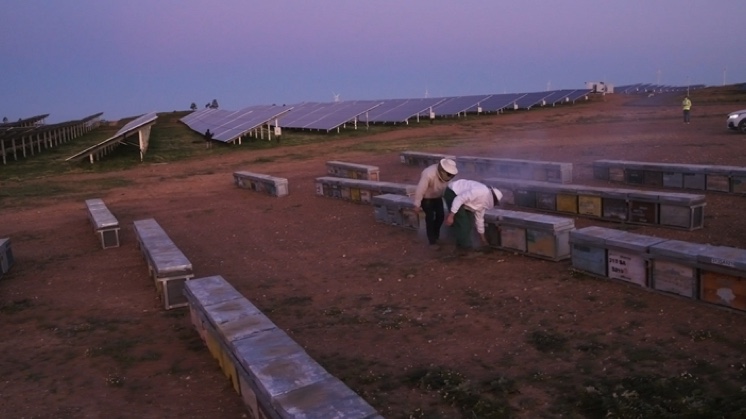5 June, World Environment Day
We are progressing toward the energy transition and climate neutrality, both essential to restoring ecosystems
World Environment Day 2025, which is celebrated annually on 5 June, is part of the United Nations Decade on Ecosystem Restoration, a global initiative to prevent, stop and repair damage to degraded ecosystems all over the world. Totally aligned with this objective, Iberdrola Group is working to conserve healthy ecosystems in all its areas of influence.
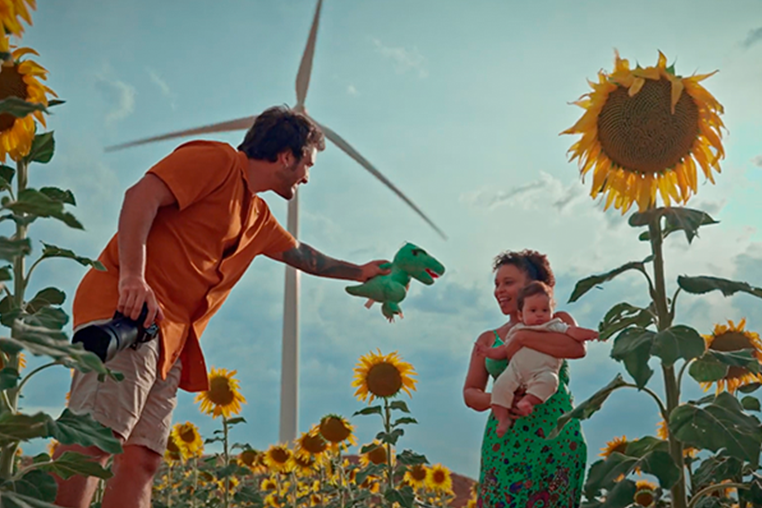
We have been working for over 20 years with a mission: To help make the world a better place for our children to live in
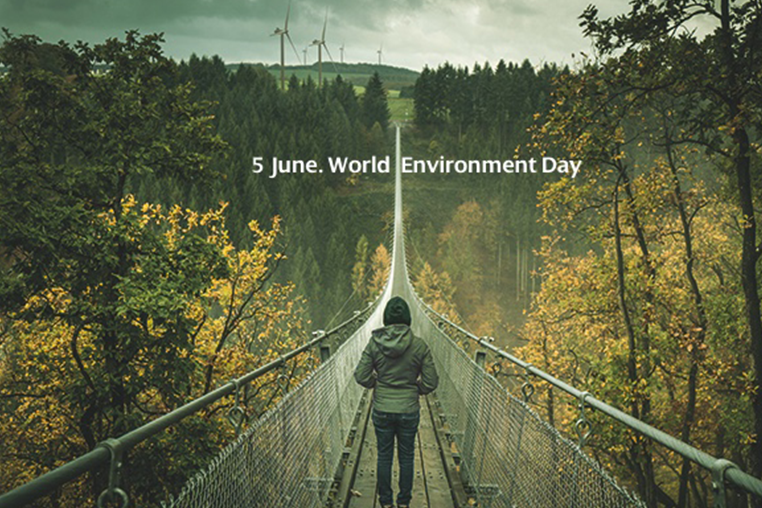
Renewing our environmental commitments on World Environment Day.
Energy transition, at the core of our climate action
Iberdrola's commitment to the protection and conservation of natural areas is developed in accordance with the principles established in its first biodiversity policy, created in 2007 and renewed in 2024, and is based on years of work to integrate the consideration of biodiversity into the Group's management and decision-making.
In this regard, Iberdrola has had a biodiversity action plan in place for years based on four priority action principles defined in the Biodiversity Policy:
![]() To protect biodiversity and make sustainable use of natural capital by adopting a conservation hierarchy.
To protect biodiversity and make sustainable use of natural capital by adopting a conservation hierarchy.
![]() To promote knowledge of ecosystems in order to identify, quantify and value the impacts of the Group's activities.
To promote knowledge of ecosystems in order to identify, quantify and value the impacts of the Group's activities.
![]() To collaborate with stakeholders, considering their biodiversity needs and participate in biodiversity enhancement projects.
To collaborate with stakeholders, considering their biodiversity needs and participate in biodiversity enhancement projects.
![]() To highlight and raise awareness of the importance of biodiversity protection and conservation through training activities.
To highlight and raise awareness of the importance of biodiversity protection and conservation through training activities.
Renewable energy for conserving ecosystems
Iberdrola has made conserving and developing biodiversity an intrinsic part of its strategy and promotes clean energies responsible with nature as a source of sustainable development. Its commitment is embodied in its Biodiversity Policy and has inspired it to set an ambitious target: to achieve zero net biodiversity loss by 2030, working to ensure that new facilities deliver a net positive impact on biodiversity, where possible.
Between 2022 and 2023, the company has carried out more than 1,600 biodiversity protection actions worldwide, according to the 2024 Biodiversity Report [PDF], combining its renewable projects with initiatives to protect biological diversity in ecosystems and caring for flora, fauna and natural heritage. The Group's vision is to build an energy model in harmony with nature and humankind.
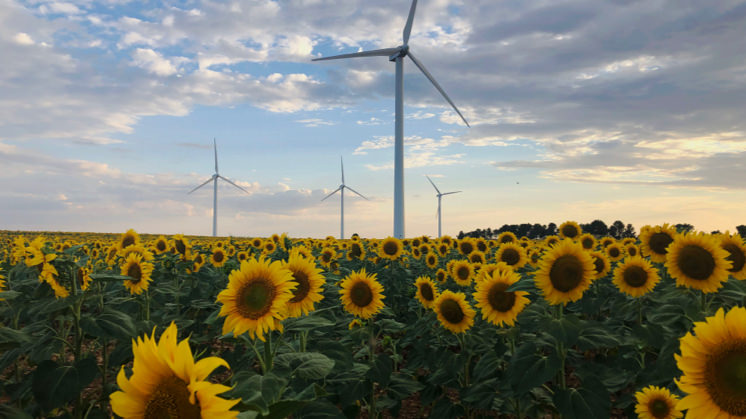

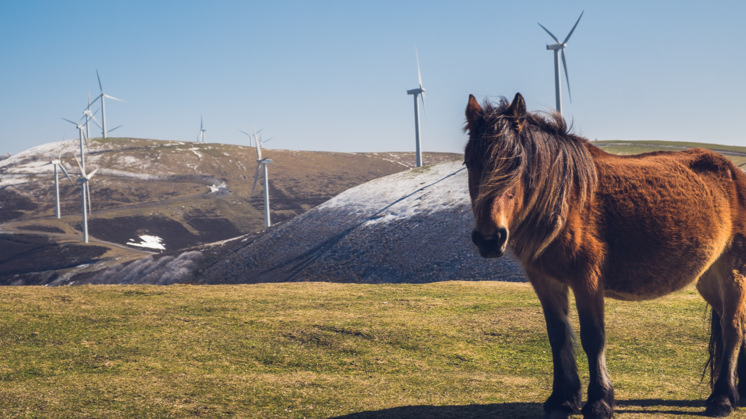
Installing beehives in the vicinity of photovoltaic plants.
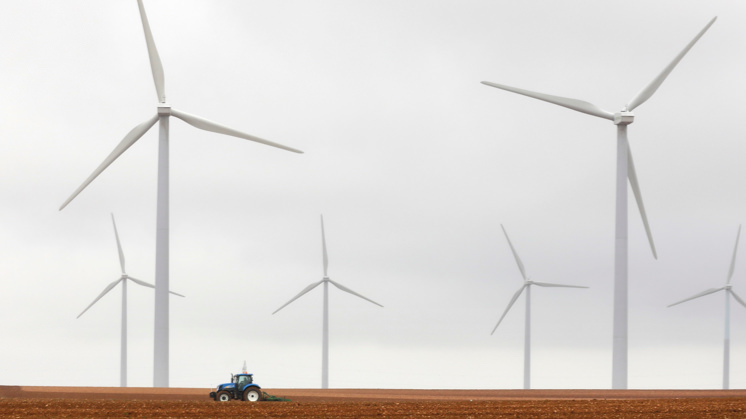
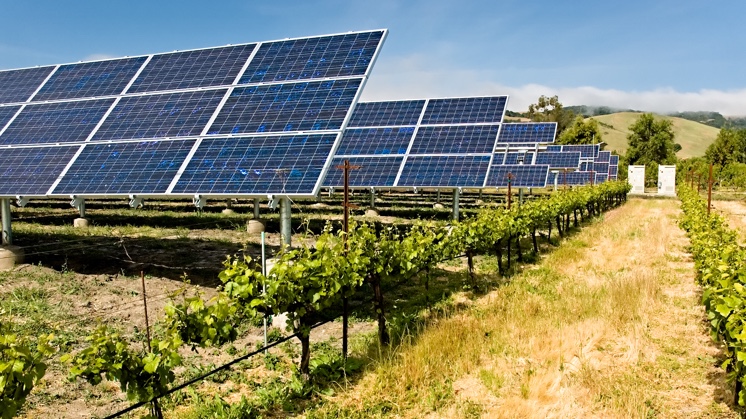
All information about world environment day
What is World Environment Day and why was it started?
World Environment Day is the most important day on the United Nations' Calendar for raising awareness of environmental action on a global scale. It is a platform for public education that brings together governments, companies, experts and citizens from more than 150 countries to focus their efforts on a pressing environmental issue.
The importance of World Environment Day: What is it for?
World Environment Day is a powerful platform for speeding up climate action. Its aim is to encourage governments to take measures to preserve wild spaces, raise awareness among companies of the need to adopt more ecological business models, to urge farmers and manufacturers to be more sustainable and to demand that society at large reflects on the way we consume things and how we can move toward a green future.
When is it held and how old is the event?
World Environment Day has been celebrated every 5 June since 1974. The date coincides with the start of the United Nations Conference on the Human Environment (Stockholm Conference) which was held from 5 to 16 June 1972. The celebration of World Environment Day 2024 takes place 52 years after this meeting, which was the first major summit on environmental issues and a turning point in the development of international environmental policy.
Who created World Environment Day?
The UN proclaimed 5 June as World Environment Day, months after the Stockholm Conference in 1972.
What is this year's theme?
The theme of World Environment Day 2025 focuses on ending plastic pollution and promoting collective action to tackle this global challenge.
Where and how is it celebrated? World Environment Day 2025 activities
World Environment Day is celebrated worldwide with different events and activities. Through social media, you can participate by following and using the hashtag #GenerationRestoration.
Is there a host country each year?
In 2025, the host country for World Environment Day is South Korea, with the event taking place in the Jeju Special Self-Governing Province, supported by the United Nations Environment Programme (UNEP).
The NewTech Challenge for solving challenges
Iberdrola periodically carries out NewTech Challenge to protect the environment. You can learn about the latest projects by clicking on this link.
Our reforestation goal: 20 million trees in 2030
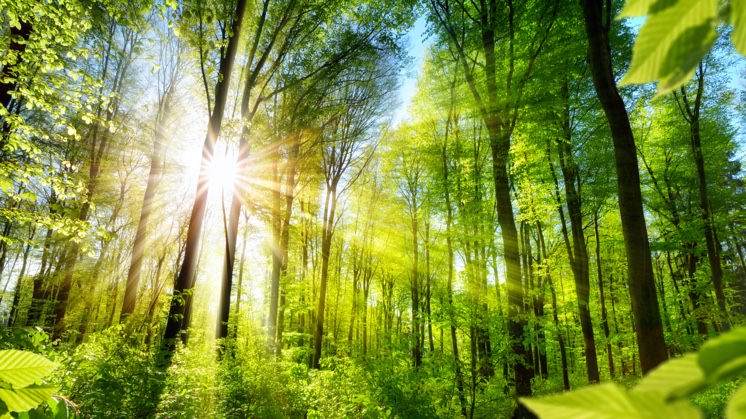
Iberdrola has its Trees Programme, through which it intends to plant of 20 million trees during this decade, which will absorb approximately 6 million tons of CO2 in 30 years. We have already planted 3.4 million trees and expect to reach 8 million by 2025.
The Trees programme has three branches:
![]() Natural heritage conservation, to mitigate and offset the loss of habitats caused by new infrastructures.
Natural heritage conservation, to mitigate and offset the loss of habitats caused by new infrastructures.
![]() Regeneration and creation of natural value, to reverse the loss of forest mass through initiatives for planting on our own or on third-party sites.
Regeneration and creation of natural value, to reverse the loss of forest mass through initiatives for planting on our own or on third-party sites.
![]() Research and awareness-raising, through the company's Volunteer Programme and by backing R&D projects.
Research and awareness-raising, through the company's Volunteer Programme and by backing R&D projects.
 SEE INFOGRAPHIC: Iberdrola's Trees Programme [PDF] External link, opens in new window.
SEE INFOGRAPHIC: Iberdrola's Trees Programme [PDF] External link, opens in new window.
Committed to the environment and ecosystems
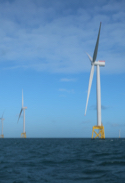
Pioneering the energy transition
Commitment to a clean, reliable and intelligent business model.

A benchmark in climate action
The fight against climate change has been at the heart of our strategy.

We respect the environment
We base our sustainable business model on the circular economy.

We protect natural ecosystems
We integrate the SDG 14 and SDG 15 to preserve life on land and underwater.
AND YOU ALSO MIGHT LIKE...

Biodiversity and health
The UN is keen to emphasise the important role biodiversity plays in protecting us against infectious diseases like COVID-19.

Climate change is bringing forward the sixth extinction
More than 25,000 species, almost a third of all those known, are in danger of disappearing. Climate change will be responsible for 8 % of these.

Acid rain, a real danger to living beings
Acid rain leads to acidic soil and acidic surface water, which have devastating effects on ecosystems and living beings.
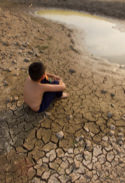
Overexploitation of natural resources
Natural resources are crucial to our survival, but if we use them faster than they can regenerate, they may run out.
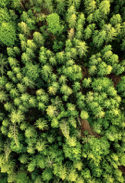
Forests, the dangers of deforestation
Deforestation is on the rise, endangering the ecosystems on which the planet's natural wealth and its ability to cope with climate change depend.
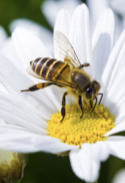
Natural pollinators are disappearing
The vast majority of the world's food crops depend on natural pollination by these species, which are now threatened by intensive farming, pesticides, pollution and climate change.
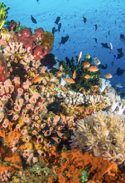
Climate change and the survival of coral reefs
Scientists believe that almost 90 % of these super-ecosystems may be wiped out by 2050.

Protecting megadiverse countries
Just 10 % of the Earth is home to 70 % of the planet's terrestrial biological diversity It is vital we protect these mega-diverse countries.

Invasive exotic species
These species, when introduced into a foreign environment, end up colonising their surroundings. This is the second most widespread cause of biodiversity loss in the world.

Species saved from extinction
Ninety-nine per cent of the creatures that once lived on this planet are now extinct. However, environmental conservationists have helped some species to survive.
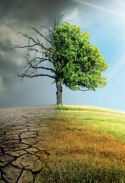
What will Earth be like in 2030?
Climate change is a threat to the future of our planet, but there is still time for us to do something about it and mitigate its effects.





